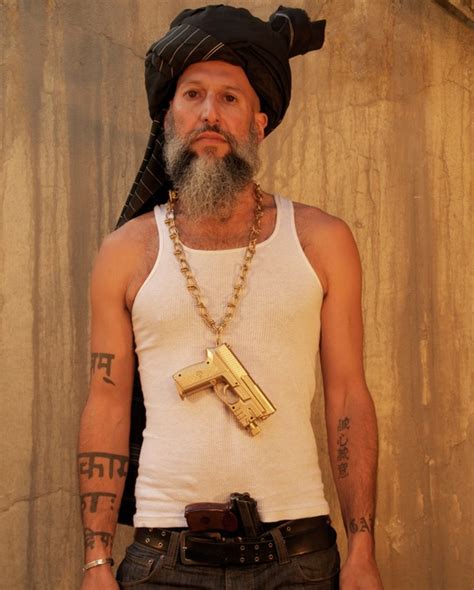A Quote by Khaled Hosseini
I returned to Kabul after a 27-year absence. I came away with some optimism but not as much as I had hoped for. The two major issues in Afghanistan are a lack of security outside Kabul (particularly in the south and east) and the powerful warlords ruling over the provinces with little or no allegiance to the central government. The other rapidly rising concern is the narcotic trade which, if not dealt with, may turn Afghanistan into another Bolivia or Colombia.
Quote Topics
Absence
Afghanistan
After
Allegiance
Another
Away
Bolivia
Came
Central
Central Government
Colombia
Concern
Dealt
East
Government
Had
Hoped
Issues
Kabul
Lack
Little
Major
May
Much
Narcotic
Optimism
Other
Outside
Over
Particularly
Powerful
Provinces
Rapidly
Returned
Rising
Ruling
Security
Some
South
Trade
Turn
Two
Warlords
Which
Year
Related Quotes
The [George W.] Bush administration tripled its aid package to Afghanistan. [Hamid] Karzai finally (and courageously) announced that warlords will be forbidden from holding office in the future government. And finally, NATO agreed to expand the peacekeeping forces to troubled areas outside of Kabul.
The warlords took part in atrocities during the civil war in Afghanistan. They looted, they raped, they killed. They have become incredibly empowered and entrenched. They live in mansions, they have jobs in the government, and they're incredibly powerful. In Kabul, people don't want to speak about it too publicly, because these people are essentially like Tony Soprano.
When the Taliban captured Kabul in 1996 after a searing, four-year civil war, they immediately instituted laws which fit their utopic vision of the time of Islam's founding more than 1,300 years earlier. Afghan women's lives offered the most visible sign of the imagined past to which Afghanistan's present was to be returned.
I went to Afghanistan in '96 to write about terrorist training camps south of Jalalabad and Tora Bora, in the mountains. I was there right before the Taliban took over, literally a few weeks before they took Kabul. The frontline wasn't terribly active, but it was definitely there. And they swept into power.
There was a time when the women of Afghanistan - at least in Kabul - were out there. They were allowed to study, they were doctors and surgeons, walking free, wearing what they wanted. That was when it was under Soviet occupation. Then the United States starts funding the mujahideen. Reagan called them Afghanistan's "founding fathers." It reincarnates the idea of "jehad," virtually creates the Taliban.
In early 1999, I was watching TV, when I came across a story on Afghanistan. It was a story about the Taliban and the restrictions they were imposing on the Afghan people, most notably women. At some point in the story, there was a casual reference to them having banned the game of kite fighting. This detail struck a personal chord with me, as I had grown up in Kabul flying kite with my friends.
The future of Afghanistan is incredibly dark, and decisions are happening incredibly quickly. Speculation is a fool's game, but I've seen many political projections that look like the Taliban could hold most of the country, and possibly Kabul, within perhaps a short time. I can't imagine how Afghanistan's fall isn't going to be ten times faster than Iraq's. The role of women in that space is terrifying, and the idea of retribution is a nightmare.



































